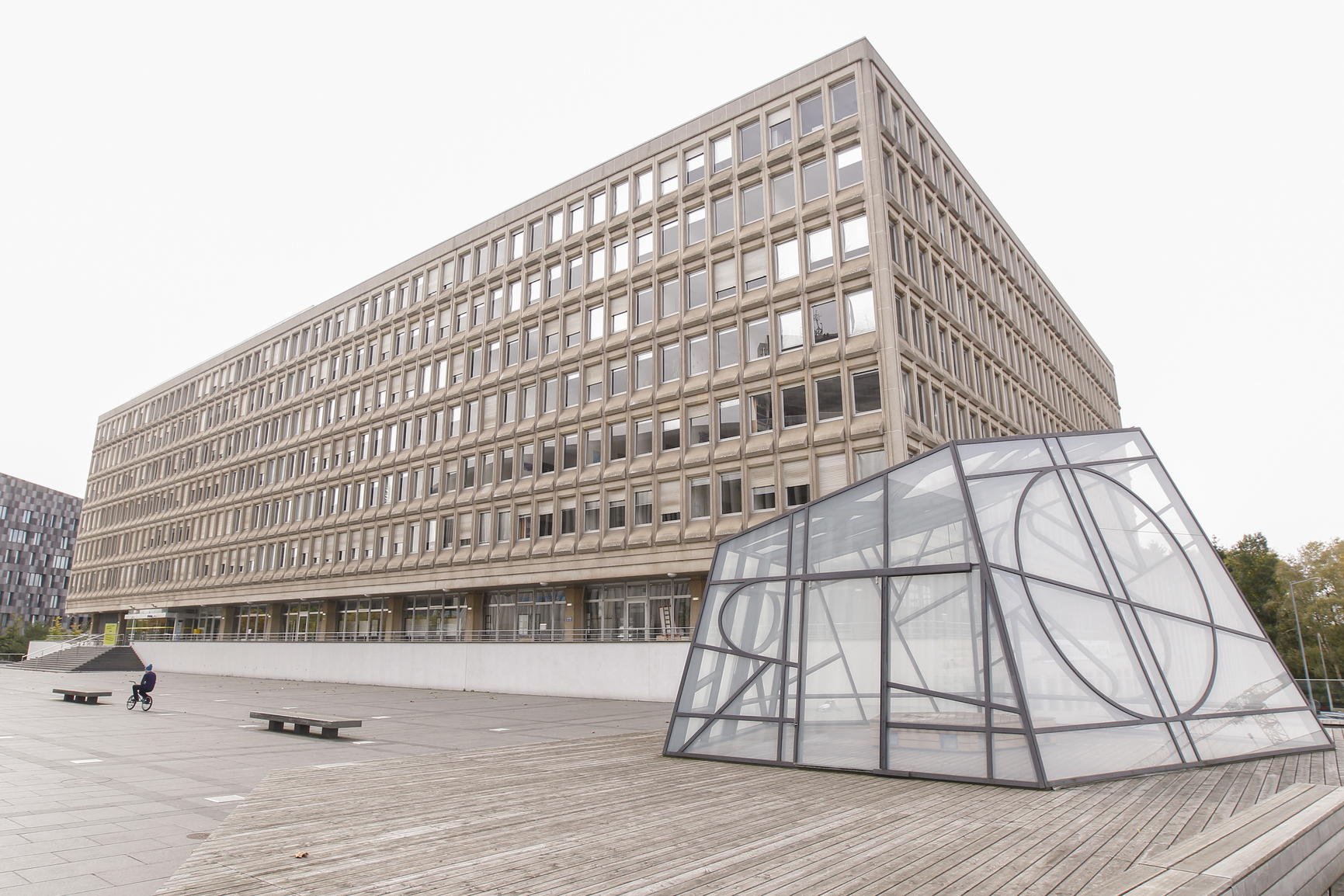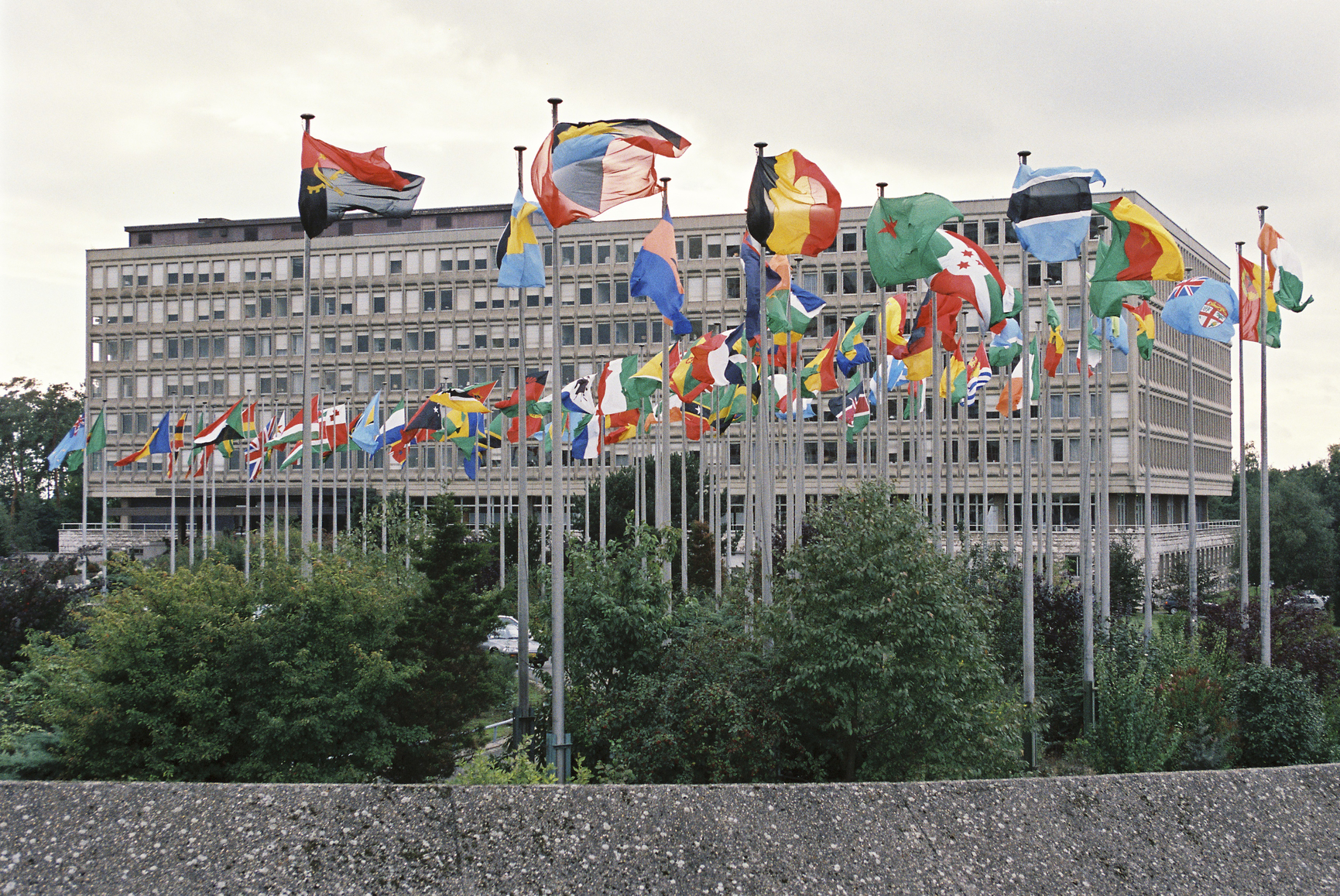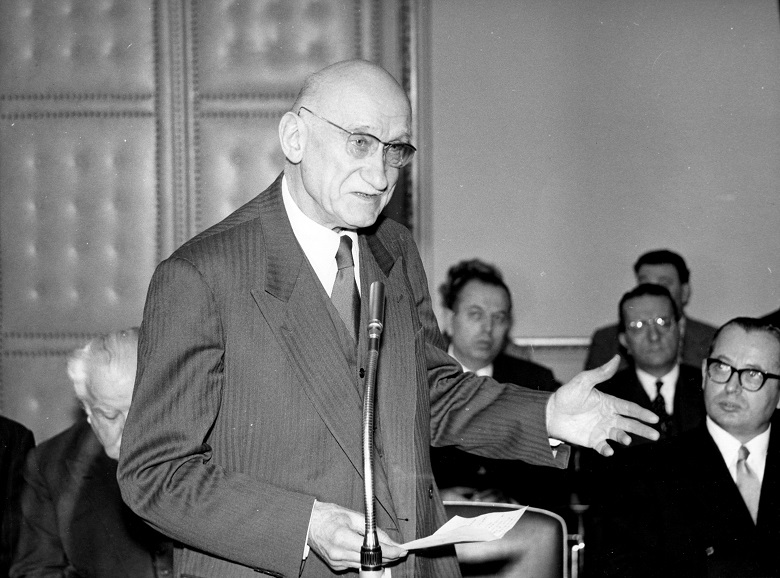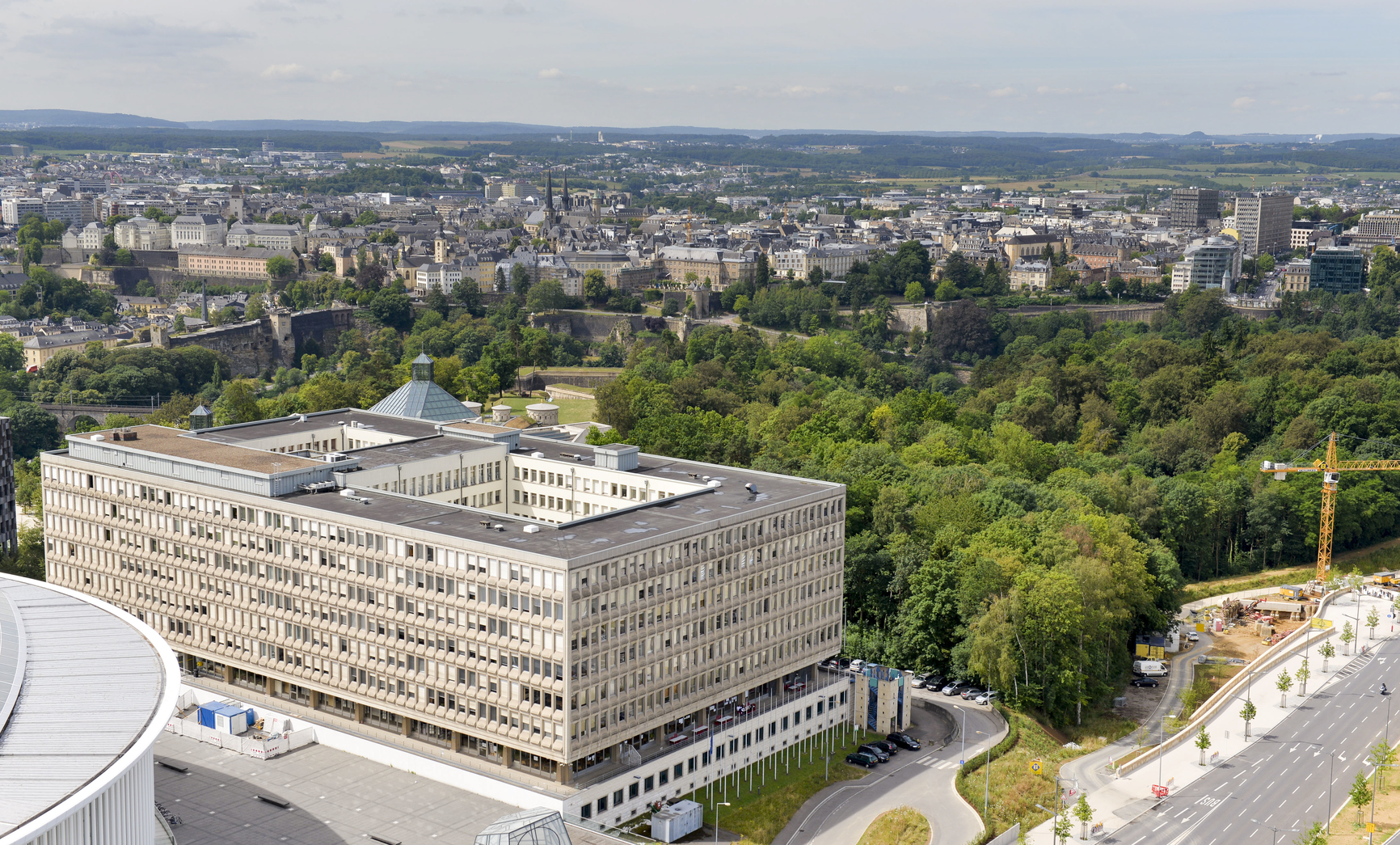 EU Institutions in Luxembourg. Robert Schuman Building © European Union 2012 – European Parliament
EU Institutions in Luxembourg. Robert Schuman Building © European Union 2012 – European Parliament
Robert Schuman was President of the European Parliamentary Assembly, the forerunner of today’s European Parliament
‘Schuman’ is a name heard often along the corridors of the European Parliament; in fact, there’s even a building named after him in Luxembourg and a famous roundabout bearing his name in Brussels. Recognised as one of Europe’s founding fathers, Schuman was a singular character: a devout man, who always had his nose in a book, he liked routine and was reluctant to take a day off. This is the portrait of the man commemorated by the European Parliament in 2020, on the 70th anniversary of the Schuman Declaration.
He is remembered not only for making the declaration which, on 9 May 1950, laid the foundation stone for the construction of a European community, but also as the first President of the European Parliamentary Assembly – the forerunner of the European Parliament. The Assembly elected Schuman in March 1958 because of all he had done for the unity of Europe. But the road he had travelled to reach this point had been paved with challenges.
 Flags in front of the EP Schuman building in Luxembourg © European Communities
Flags in front of the EP Schuman building in Luxembourg © European Communities
A torn childhood
Robert Schuman was born on 29 June 1886 in Clausen, Luxembourg, his mother's country of origin. His father came from Lorraine, which, at that time, was annexed to the German Reich. So Schuman was born German, but grew up in the Grand Duchy of Luxembourg. His outlook and cultural background bore both French and German influences. During the First World War, he was declared unfit for service and so did not fight in the German army. Employed in administrative services, he distanced himself from the nationalist policy of the Reich. Schuman took French nationality at the age of 32, in 1919, when the Treaty of Versailles returned the départements of Alsace and Lorraine to France.
He set up practice as a lawyer in Metz and launched his political career as a député for the Moselle, before later entering government. Arrested and imprisoned by the occupying forces in September 1940, Schuman was then placed under house arrest in Neustadt, in the Palatinate, from April 1941. He escaped in August 1942 and crossed the occupied zone to reach Lyon, where he remained in hiding until the Liberation.
 Oath taking of the members of the EAEC/Euratom Commission © European Communities 1959
Oath taking of the members of the EAEC/Euratom Commission © European Communities 1959
‘Unite that which is divided’
Schuman was convinced that it was only if the nation states came together in a supranational body that they would forge a common path. However, his understanding of integration differed from that of other founding fathers, particularly Jean Monnet, with whom he had worked closely. He believed that the new European community should be built upon national foundations, and unite – rather than fuse – states: "It is to unite that which is divided and separated, but not necessarily to fuse that which remains distinct." For all their cultural diversity, countries could still unite around the values they shared.
It was this belief that shaped his vision for Europe: "The European Community must create the conditions for mutual understanding, while respecting the particularities of each."
Transfer of powers
Robert Schuman understood from the very beginning that Europe would be created in stages. Once Europe had set off on the path of integration, one step would lead to another. This practical approach would result in a gradual transfer of various powers to the new European institutions. Although Schuman used the term 'federal Europe' twice in his declaration on 9 May 1950, he was aware that it would be premature to set such a goal at this stage. His priority was to proceed sector by sector, hoping that a domino effect would move things along steadily. The importance of his legacy can be seen in the influence that the European Coal and Steel Community had on shaping the European institutions.
Presiding over the European Movement, he oversaw the efforts to rebuild Europe which culminated in March 1957 with the signing of the Treaties of Rome.
Strongly influenced by Christian values, Robert Schuman campaigned to build a strong and united Europe step by step, and to establish an institutionalised solidarity between European countries. Konrad Adenauer had the following to say about Schuman: "Schuman’s Plan was one of the few initiatives which helped European history turn the page on the Second World War, and which filled us all with the hope – and even the certainty – that the future would be better." Almost exactly 10 years to the day after the feted 9 May 1950, in May 1960, Robert Schuman was awarded the title of ‘Honorary President’. His legacy continues to influence and shape the European Union to this day.
 Schuman Building in Luxembourg © European Union 2014 – European Parliament
Schuman Building in Luxembourg © European Union 2014 – European Parliament